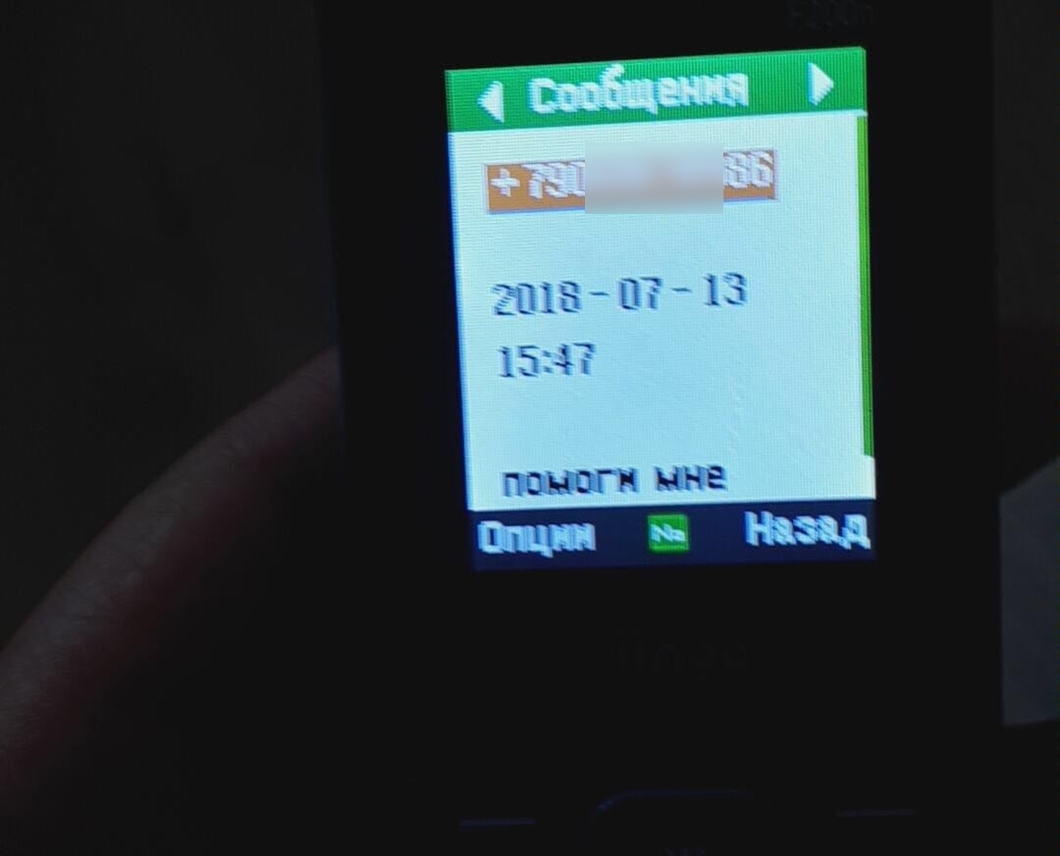Chechen gays continue to be persecuted throughout Russia

A kidnapping attempt was recently made on 20-year-old Chechen Zelimkhan Elievich Akhmadov in St Petersburg.
The reason? He is suspected of being gay.
Zelimkhan exited his home to throw out the garbage, and was then attacked by four people who shoved him into a car and took him to a hostel where Zelimkhan was awaited by his father.
Zelimkhan’s friend was able to alert human rights advocates of the Russian LGBT network, and they came to the scene of the incident, found and questioned witnesses and appealed to the police.
The police quickly ascertained Akhmadov’s location thanks to which Zelimkhan and his father were then taken in for questioning.
They spent five hours at the police department. During this time, Zelimkhan’s father tried to convince him to publish a video in which Zelimkhan would deny rumours about his sexual orientation and that someone had tried to kidnap him.

A video address is a method used by the Chechen authorities to tackle accusations and other unpleasant statements made against them.
There are dozens of cases in which critics of the Chechen authorities have publicly apologised for their words and actions – not of their own will but under duress.
Human rights advocates explained to Zelimkhan what the consequences of such a video could be: he would not be protected from being taken to Chechnya and from an ‘honour killing’, which his relatives are being pressured into carrying out by the Chechen authorities. Zelimkhan did not record the video.
The LGBT network says that now, Zelimkhan is safe and under protection, and that a lawyer is taking care of his case.
Nine months ago, he ran away from home because his relatives – namely, his father and brother – were being pressured into killing him. Zelimkhan was persecuted as a part of a larger campaign against gays in Chechnya that is organised by the authorities of the republic. Despite the colossal media attention that was given to cases of homosexual murders in Chechnya last year, the crimes continue to occur.
Instead of an investigation, the Investigative Committee of Russia did all it could to hide traces of the crimes and ensure that the criminals did not face persecution. This enormous feat led to a sad result: human rights advocates continue to uncover cases of gays being persecuted in Chechnya, including cases of murder.
In January, the death of singer Zelimkhan Bakaev was made public. In August the previous year, he had been taken from Moscow to Chechnya, where he was kept for several months in a secret prison in Grozny. Later, it was announced that he had died.

Head of Chechnya Ramzan Kadyrov made a public announcement on 17 January in which he said that the authorities of the republic were not involved in the death of Bakaev and that he had been killed by his relatives:
“Do they have no normal men in their family? They knew what their relative was up to. They didn’t want to publicly say ‘that is was us who killed him, he’s one of us, we did it’. They know perfectly well who their relative really is. And then they say ‘Kadyrov did it?!’ How should we know where he is? Why are you involving us in your problems?”
During the nine months that Zelimkhan Akhmadov hid after having ran away from Chechnya, there have been five kidnapping attempts against him. The stubbornness with which his relatives follow him around Russia speaks not so much to their thirst for blood as to the fact that they have been put in an impossible position: either they ‘solve the problem’ with Zelimkhan or they lose their standing in Chechnya and end up having to face extrajudicial ‘reprisals’.



















